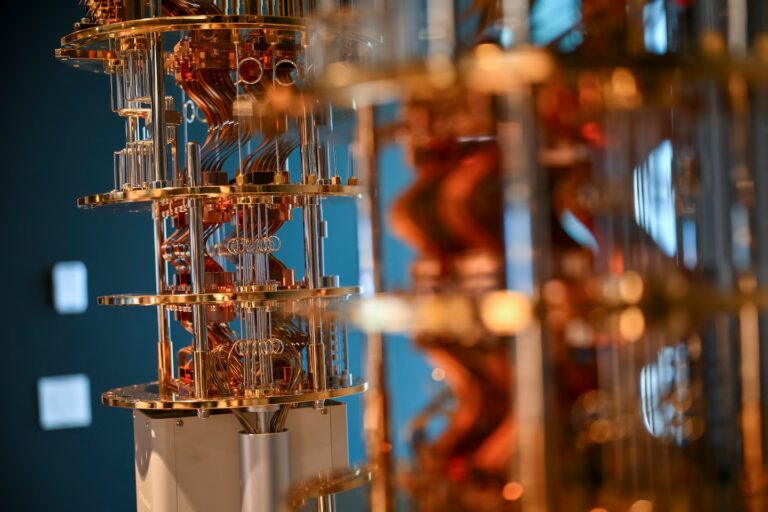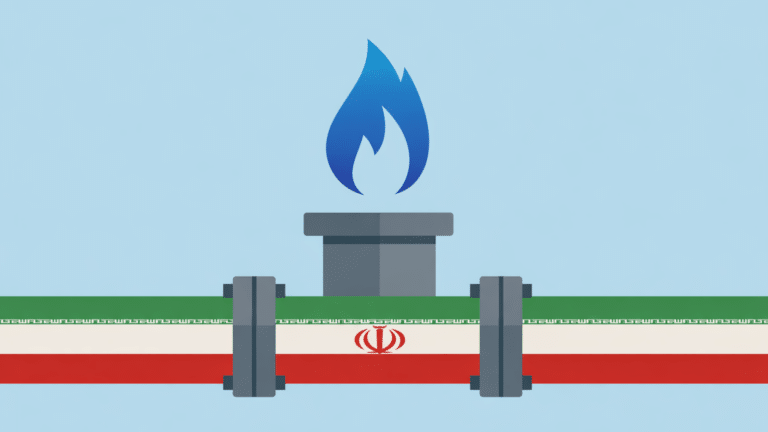This website uses cookies as well as similar tools and technologies to understand visitors’ experiences. By continuing to use this website, you consent to Columbia University’s usage of cookies and similar technologies, in accordance with the Columbia University Website Cookie Notice.
The oil and natural gas sectors have been reeling from the COVID-19 pandemic and its devastating impact on demand for fuels, and that includes liquefied natural gas. U.S. LNG exports fell from a record high of 8 billion cubic feet a day in January to 3.1 BCF a day in July, prompting some new projects to postpone final investment decisions.
Among them was Tellurian, a Houston-based company co-founded in 2016 by a U.S. LNG pioneer, Charif Souki.
In this episode of Columbia Energy Exchange, host Bill Loveless is joined by Charif to get his take on this latest challenge for the U.S. LNG sector. After all, he’s seen this business grow from the start, having founded Cheniere Energy, the largest U.S. LNG exporter, back in 1996, before moving on to Tellurian.
Bill and Charif talked about the circumstances leading to the decline in LNG trade this year and the outlook for a recovery. Interestingly, Charif acknowledged that he’s been surprised by some developments.
They also touched on the fundamental changes in LNG trade, especially involving how the commodity is priced now, as well as on the implications for LNG of the closer scrutiny that natural gas is getting because of its greenhouse gas emissions.
Tellurian’s proposed Driftwood LNG project near Lake Charles, Louisiana, would cost more than $27 billion, including pipelines to deliver natural gas to the export facility. The project has all the required permitting to begin construction, but Tellurian has put off a final investment decision until 2021 in light of the market turmoil this year.
Charif is the executive chairman of Tellurian’s board. He also serves on the advisory board of the Center on Global Energy Policy. He received a B.A. from Colgate University and an MBA from Columbia.
More Episodes
Michael Webber on What’s Behind Rising Energy Costs
With electricity prices on the rise, the future of our power grid is attracting a lot more attention. Surging demand is at the center of the story, but...

Reporters’ Roundtable: What’s Driving US Energy Policy News in 2026?
From the affordability crisis and the data center boom, to the US government’s campaign to reinvigorate the Venezuelan oil market, energy is dominating headlines in unusual ways. And...

Anja Manuel on the Next Era of Great Power Competition
Great power competition—particularly between the United States and China—is intensifying. This rivalry is reshaping everything from technology supply chains and energy security to the future of artificial intelligence. ...

Oil and Venezuela: What’s Next?
Early on January 3, 2026, the United States apprehended Venezuelan President Nicolás Maduro and his wife and removed Maduro from power. Maduro was transported to New York, where he now faces federal charges of narco-terrorism and drug trafficking.

Relevant
Publications

Iran’s Natural Gas Paradox: Vast Resources, Limited Export Capacity
Iran appears to be a natural gas giant, due to its large proved gas reserves and significant gas production and consumption.

More Efficient Use of Venezuela’s Natural Gas Could Strengthen the Region’s Energy Security and the Country’s Electricity Sector
Venezuela holds 70% of Latin America's natural gas reserves, which it could export to Colombia and Trinidad to increase revenues.

The Climate Question That Economists Cannot Answer
Models can predict catastrophic or modest damages from climate change, but not which of these futures is coming.

